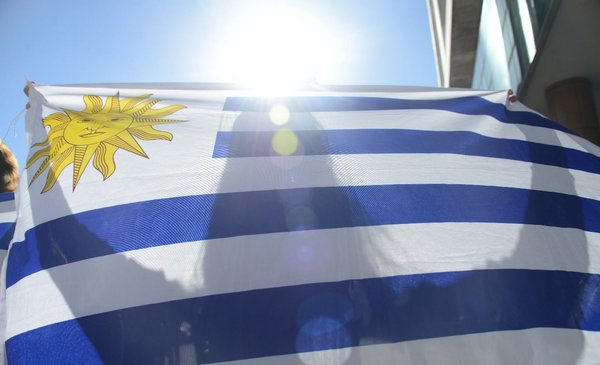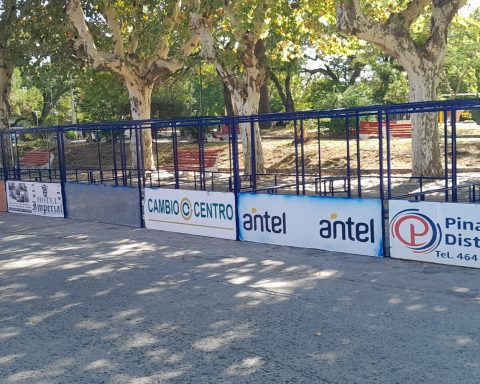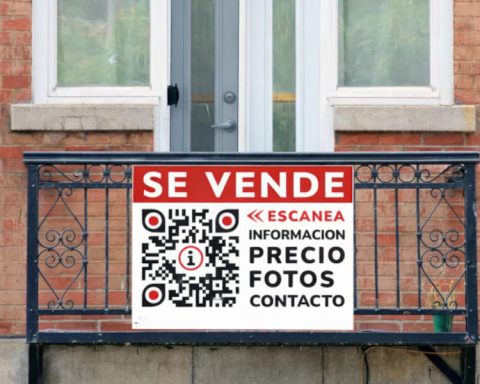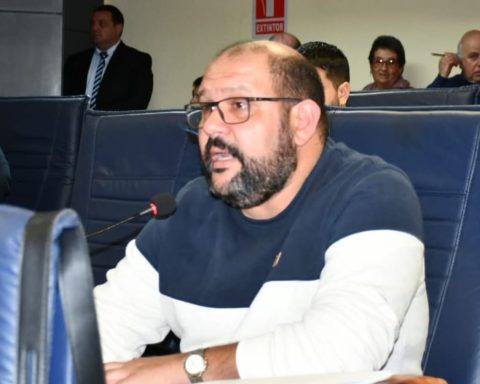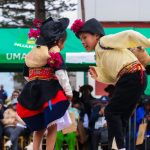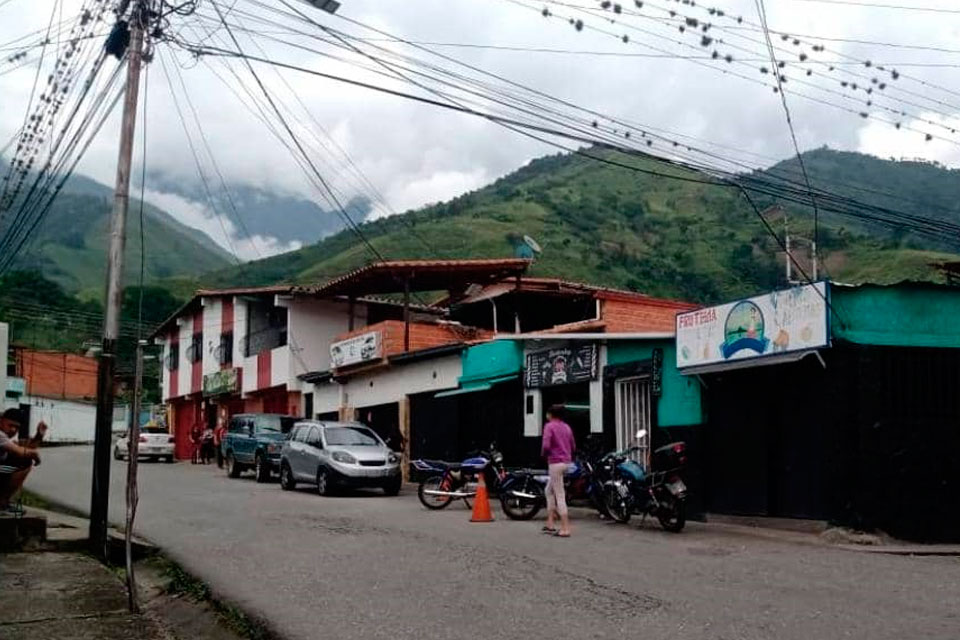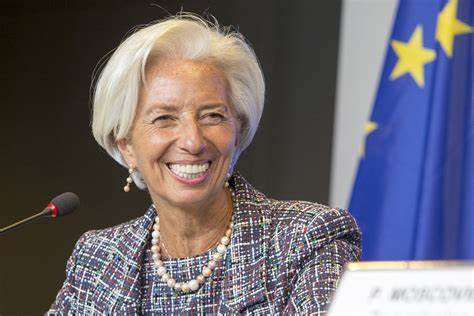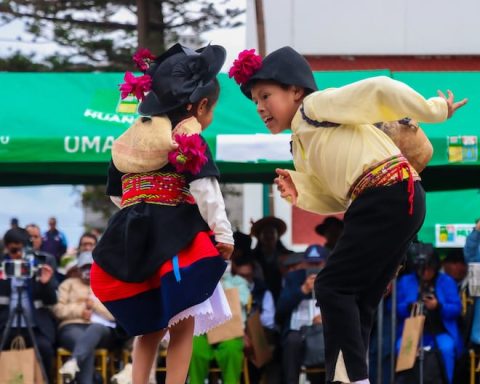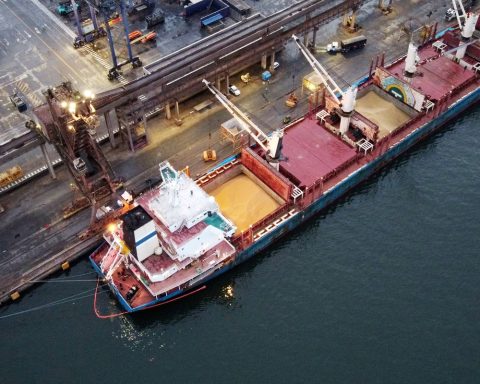Political parties, epic need and administrative procedures form part of the discussion of when the Independence day in Uruguay.
It can be August 25 or 27, October 4 or July 18. Historians and history teachers consulted by The Observer do not coincide in one. Some, like the historian José Rilla, they refuse to prioritize one date above the rest and point to needs on the part of the states, more than the reflection of reality.
July 18: the “final bow”?
The historian Fernando López D’Alessandro chooses July 18 because it is the “final bow” with which the creation of the eastern state was finalized as a “political solution” to a “political problem”: the war between Argentina and Brazil. The Swearing-in of the Constitution meant the conclusion, not originally sought, of a process that began with the May Revolution in 1810.
Likewise, the historian dismissed August 25 because there independence from Brazil was declared and the joining the United Provinces of the River Plate.
Also a historian, politician and former ambassador, Mario Cayota, agreed on the diagnosis on August 25 —despite the fact that he admits that there could have been a “desire for independence”—, but declined the July 18 option.
Cayota pointed to “political interference.” “On August 25, the whites supported him at the time, because there Lavalleja’s intervention was very big. And the Colorados then proposed July 18 as an alternative”valued.
He pointed out that before the swearing-in of the Constitution, the country already existed. “If the Constituent met before”argued in reference to the assembly to which called “sovereign”. He indicated that its members were not persecuted and that even in December 1828 they voted José Rondeau as governor.
“Important to be honest”: the Preliminary Convention
For Cayota, the date of national independence It is October 4, 1828when the Preliminary Peace Convention is finalized. “That’s where Uruguay is independent. Why there both the Argentines and the Empire of Brazil recognize the independence of Uruguay. Faced with this debate, If we are really going to see things with dispassion, independence was on October 4, 1828″.
After the Convention, on November 22, 1828, the Constituent Assembly was installed in San José —and then moved to Canelones—. “Why does it take so long? Because you have to wait for the approval of the two countries.” In this sense, Cayota pointed out that “one can speak of a protected independence.
The historian Leonardo Borges coincides with Cayota with the date of October 4, 1828. “It is the one that marks the legal, but also symbolic, beginning of what Uruguay is going to be,” she said. “It seems important to me to be honest at this stage of the match: we were born from a negotiation”; Borges recalled. “That annoys the typical crowd looking for epic”he claimed.
“After the events of August 25, 1825the war between the Orientals and Brazil, became between the United Provinces and Brazil. That war generated the intervention of Englandbecause he began to have losses in his business,” he said.
“Lord John Ponsonby arrives with a basket of negotiations in which independence was not”, and it is “throughout 1826 and 1827 that the idea begins in Ponsonby that independence province could be independent.
England put the pieces together —the government of the United Provinces and the Empire of Brazil— in the Preliminary Peace Convention (which took place on August 27 and 28).
“Y October 4 is when ratifications are exchanged of the United Provinces and the Empire of Brazil,” said Borges.
The historian argued that the Convention had articles where the province was obliged to make a constitution—which was to be reviewed by the contracting countries—, gave it five years to become a country and exactly at that time there could not “be an internal conflict”, but rather “the contracting parties” could “enter militarily”.
Borges stressed that October 4 was “national date” from 1830 to 1860. “That’s an interesting fact because at some point the uruguayans took that date as an important date in their history“, he added.
The claim of the Orientals
The history professor and humorist, Diego Delgrossi, agrees that the date of independence is in 1828 in relation to the Preliminary Peace Convention, but points to August 27 instead of October 4. “The day it was signed, and the two powers that could oppress us agreed, was August 27, 1828”, Indian. “For me October 4 is an administrative matter”he claimed.
Also, Delgrossi highlighted the role of the Orientals in their own independence.
Yes ok “There was no direct representation of the Easterners, there was contact between Lord Ponsonby and Eastern plenipotentiaries who clarified their point of view. That is stated in Ponsonby’s own letters.”, Delgrossi assured.
“Yoke that we impose on the Orientalssays Ponsonby in one of his lettersthey are going to be against it: we have to give them independence,” he pointed.
According to the professor, Buenos Aires and Brazil agreed, not only because England was there, “but because it really wasn’t a business for either of the two parties to bank the easterners in arms.”
Uruguay was not born in a day
Joseph Rilla appreciated that “Uruguay was not born in a day, like no country” and made reference to the invention of dates by states for “replace the cement provided by traditional religion”.
“Nationalisms, for good and bad reasons typical of the civic religion of the modern State, they invented the the dates that should mark out the secular calendar, when it was necessary to replace the cement provided by traditional religion locked up or secluded in private life”, argued.
“As a professional who seeks a prudent treatment of the past I refuse to pronounce myself on the date of the Artigas Instructions, or on August 25, 1825, or on October 4, 1828 with the Preliminary Peace Convention, or on July 18, 1830 that gave legal and constitutional entity to the very weak State for which almost nobody gave two coins…”, he maintained.
Camilo López is a history professor and political scientist. His stance on dates is along the same lines as Rilla’s. “Independence processes are processes. Dates are necessities that countries need to build a historical narrative about themselves,” he said. Decisions about historical events “They are associated with political disputes, discussions about the interpretation of the past to understand the present and to support future political actions.”
López referred, for example, to the date of August 25, when the Declaration of Independence is officially celebrated. “A more romantic look with nationalist elements vindicates August 25”, he pointed.
“The past is a battlefield, where politics fights for history to build meaning”held.
